Raise your own awareness to be a healthy woman

In our modern society, women have balanced their personal and professional life. Even then, one thing that often gets neglected is their own health. Some very common chronic diseases like diabetes, high blood pressure, anemia can be controlled in the early stage by own awareness.
It is more challenging for women to maintain their health compared to men. Women’s physiological structure, reproductive health, and mental health are developed in a different way than men. Therefore, some common health issues like anemia, hormonal imbalance, osteoarthritis, obesity mostly affect women compared to men. Early precautions may restrict these health issues at a primary stage. However, if neglected they may turn into serious health conditions like diabetes, polycystic ovarian syndrome (PCOS), endometriosis, heart disease, and even cancer. A healthy diet, physical activity, and personal hygiene help in the prevention of these aforementioned health issues. However, in most developing countries, women are often neglected socially, economically, and personally. Therefore, women need to increase their own knowledge and awareness about their health.
Some of the common diseases that affect most women today and some easily affordable natural remedies are discussed below:
1. Anemia: 
Iron deficiency anemia is a very common health issue for females throughout the world. Due to the presence of insufficient iron in the body, the production of red blood cells (RBCs) or hemoglobin is hampered.
According to WHO, around 38% of pregnant, 29% of non-pregnant, 29% of all women of reproductive age are anemic globally.
Causes:
-
Heavy menstrual bleeding
-
Poor dietary habits
-
Lack of awareness
-
Lack of personal hygiene
Dietary guidelines:

-
Boiled swamp weed (KuleKhara) leaves are a very good source of iron. In India, Kule Khara leaves are widely used to naturally prevent anemia. It can be consumed as a juice form or you can take the boiled leaves along with curry or rice. However, please remember to wash it properly before boiling.
-
Take iron & vitamin C rich foods like beet, spinach, broccoli, lime, orange, etc. regularly.
-
Meat and poultry products also a good source of iron. Especially the liver and heart of chicken, beef or pork contain a high amount of iron.
-
Fishes also a good source of iron. Salmon, oysters and some sea fishes, which contain omega3- fatty acids and vitamin-D, helps to improve the anemic condition. Small fishes also help to increase the iron levels in our bodies.
2. Obesity:
Obesity is a very common health issue for both men and women in our society. When the consumption of food is higher than that required for physical activity, then the excess amount of food is stored in our body as fat and people become overweight or obese.

The obesity rate is higher in women than in men. According to WHO, around 40% of adult women are overweight and 15% are obese, while 39% of the adult male are overweight and 11% are obese globally.
During overweight or obesity, a woman has higher chances of hormonal imbalance, infertility, along with diabetes, high blood pressure, and heart disease.
Causes:
-
Genetic
-
Environmental factor
-
Lack of physical activity
-
Poor food habits
-
Socio-economic condition.
Dietary guidelines:
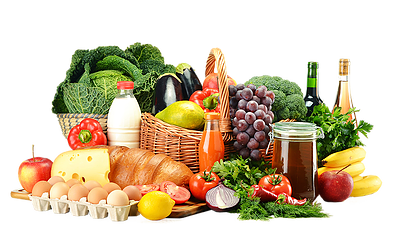
-
Follow low carbohydrate, low-fat diet
-
Add Fruits and leafy vegetables in your diet
-
Fast food/junk food should be avoided
-
At least 45-60 minutes of physical activity per day
3. Polycystic ovarian syndrome (PCOS):
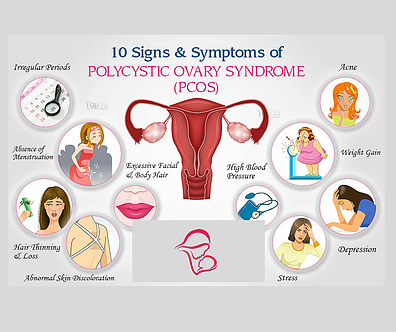 PCOS is an endocrine metabolic disorder. During PCOS, the level of male hormones increases in the female body adversely affecting the ovaries and reproductive organs. Thus, the activity of female reproductive hormones like oestrogen and progesterone is hampered.
PCOS is an endocrine metabolic disorder. During PCOS, the level of male hormones increases in the female body adversely affecting the ovaries and reproductive organs. Thus, the activity of female reproductive hormones like oestrogen and progesterone is hampered.
PCOS is usually seen at the reproductive age of females between 15-45 yrs. Statistically, 1 out of 10 women is affected by PCOS in our society at present.
Causes:
-
Genetically: if the mother has a PCOS problem, it may be carried forward into the daughter.
-
Insulin resistance: during insulin resistance, the excess amount of insulin stored in the body initiates the production of male hormones like testosterone from the ovaries.
-
Obesity: Obesity may cause PCOS, and in turn, PCOS may lead to obesity.
Dietary guidelines:
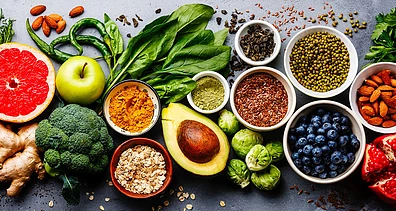
-
High carbohydrate and high-fat food should be avoided.
-
Take vitamin, mineral and fiber-rich foods like fruits, vegetables, etc.
-
Add lean proteins like meat, fish, and poultry to your diet.
-
Avoid processed food.
-
Do physical activity, yoga regularly.
-
Take rest sufficiently. Avoid stress and depression; lead a healthy, happy life.
-
If you smoke, stop it immediately!
4. Osteoarthritis (OA):
 Osteoarthritis (OA) is a painful joint disorder caused by the decay/breakdown of bone cartilage. Cartilage helps in flexible, smooth movement of the bones and is found at joints, part of bones, ears, nose, etc.
Osteoarthritis (OA) is a painful joint disorder caused by the decay/breakdown of bone cartilage. Cartilage helps in flexible, smooth movement of the bones and is found at joints, part of bones, ears, nose, etc.
A leading diagnostic chain revealed that around 180 million people are affected by arthritis in India. Women are affected by OA to a greater extent compared to men.
Causes:
-
After menopause, the level of the female hormone estrogen drops. Oestrogen helps to protect cartilage from inflammation. Usually, elderly women suffer from OA.
-
Obesity is also a cause of OA. Excess body weight creates pressure on the cartilage of the knee, hip and may eventually damage it.
Dietary guidelines:
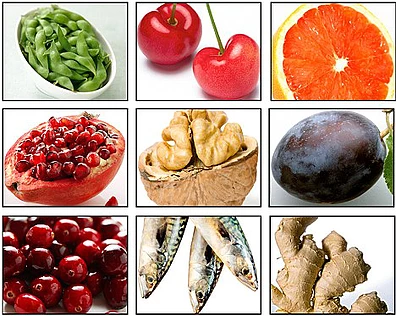
-
Consume fish (Salmon, Tuna, Maceral), which contain good fats like polyunsaturated fatty acids, Omega-3 fatty acids also help to prevent osteoarthritis.
-
Nuts containing Ca, Zinc, Magnesium, and fiber, which help to boost up bone strength.
-
Reduce body weight.
-
Exercise helps to maintain the overall health of bones.
These are some common diseases that affect women worldwide. In most cases, lack of awareness is the main reason. All these health issues can be controlled at the primary stage with good food habits, healthy lifestyle and physical activities. So as women, it is your responsibility to maintain good health for own fitness because if women become healthy then our families, and our society, will be healthy.
References:
1. https://www.who.int/news-room/fact-sheets/detail/diabetes



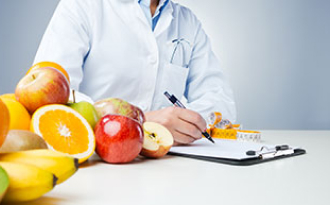






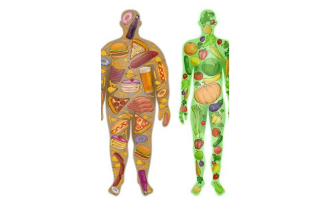

0 Comments